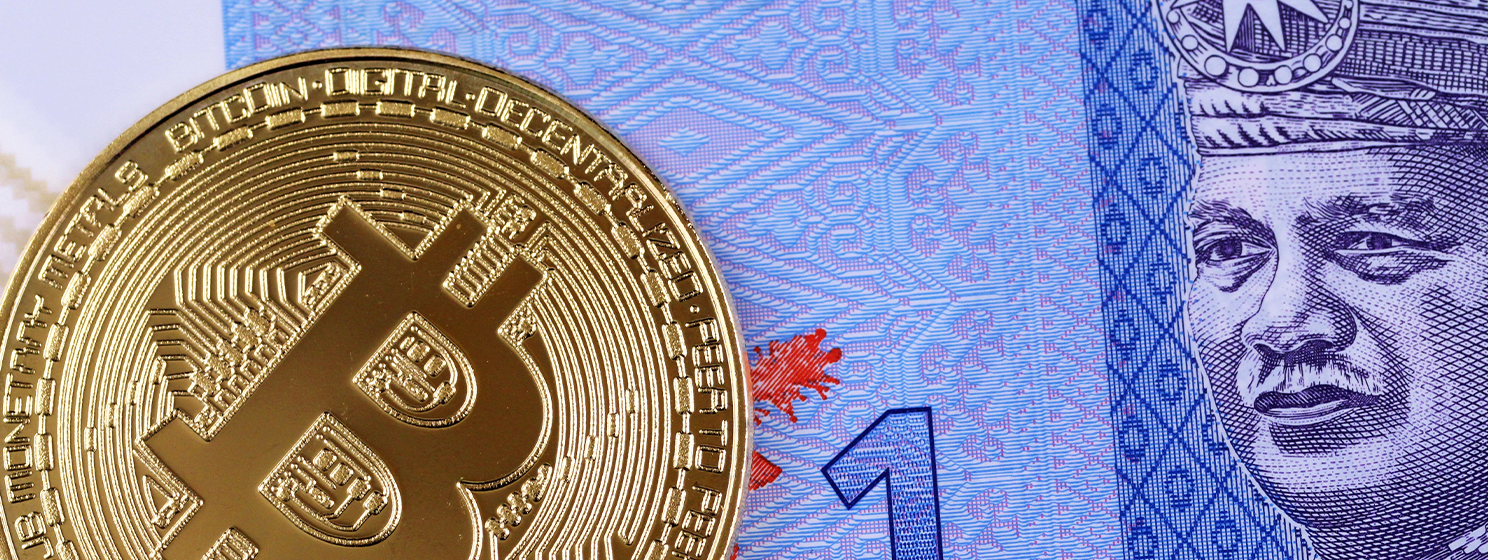|
Getting your Trinity Audio player ready...
|
A new report has highlighted a growing trend among users of e-commerce platforms amid rising digital wallet adoption since the start of 2023.
The report, compiled by PYMNTS Intelligence, revealed that e-commerce adoption appears even among several age demographics. Dubbed ‘eCommerce for All: How Consumers Across Generations Make Purchases Online,’ the report disclosed that the similarities across age groups are primarily evident in retail and travel sectors.
Leaning on the responses of 2,722 consumers across the U.S., PYMNTS Intelligence analysts reveal that despite the perceived equality across age groups, there are still noticeable differences. The report noted that younger millennials and Gen Zs are more likely to spend on restaurant meals, while older age groups spend a significant part of their earnings on groceries.
Across the board, the report also notes significant disparities in the payment method preferences among age groups. In brick-and-mortar stores, there is a consistent preference for debit cards for payments, while respondents indicate an affinity for credit cards and digital wallets.
While digital wallets have found the highest adoption rates among Gen X and millennials, older adults are warming up to the offering. The PYMNTS Intelligence report reveals that digital wallets make up an impressive 16% of online payments across several age demographics.
However, credit cards sit in pole position in terms of online payment preferences among respondents. 38% of respondents disclosed that they used credit cards for their last online purchase, with a majority citing security and ease as a reason for their choice.
Furthermore, the report disclosed that online shoppers are more likely to turn to Amazon (NASDAQ: AMZN) than other e-commerce platforms. In terms of brick-and-mortar outlets, Walmart (NASDAQ: WMT) is leading its peers in the U.S., dominating physical retail by a large margin.
Apart from the ease of making payments, the respondents disclosed that a key reason for their platform choice is affordability and processing fees.
Digital wallets undergo a boom
While digital wallets inch forward in e-commerce adoptions, utility has reached high levels in other sectors. Nearly 50% of respondents in a study have indicated a preference for digital wallets for cross-border transactions.
Per the report, respondents cite speed of payments and perceived low fees over traditional remittance methods. Digital wallets also play a significant role in the projected $3.8 trillion transaction volume of digital payments in the U.S., with digital asset payments tipping to spike by 82% in 2026.
Pakistan rolls out 10 million digital wallets for BISP aid recipients
Elsewhere, Pakistan has taken a bold leap toward a cashless economy by launching 10 million digital wallets for its social safety net initiative.
Pakistan’s Prime Minister Shehbaz Sharif unveiled the digital wallets for the Benazir Income Support Programme (BISP) beneficiaries. The launch event drew a host of federal ministers and BISP officials in attendance, signaling the largest upgrade for BISP since its inception in 2008.Named after former Prime Minister Benazir Bhutto, BISP provides cash transfers to low-income families and education stipends to children. With the launch of digital wallets for recipients, Sharif disclosed that BISP will foster greater financial inclusion and streamline the pivot to a cashless economy.
While a significant chunk of BISP relief packages have been disbursed digitally, the newly minted digital wallets are poised to increase metrics in the coming months. The Prime Minister cited a raft of benefits from digitally distributing BISP aid, including stifling fraud and promoting efficiency in operations.
“The digital wallet system is in its true sense blessed by the soul of Shaheed Mohtarma Benazir Bhutto, as it empowers BISP beneficiaries with safe, transparent, and direct access to financial assistance,” said Shehbaz.
The Prime Minister unveiled a plan to distribute 10 million free SIM cards to boost the adoption of digital wallets. The disbursement of SIM cards will adopt a phased approach, with the first tranche scheduled for Sukkur, Hyderabad, and Rahim Yar Khan.
The combination of the SIM card distribution and widespread adoption of digital wallets has triggered significant optimism among key sector players. BISP Chairperson Senator Rubina Khalid disclosed that since women make up a substantial chunk of BISP beneficiaries, the pivot to digital wallets will give women a frontline seat in adopting emerging technologies.
“We are not just disbursing aid, we are raising an army of architects and workers to build the nation,” remarked Shehbaz.
Pakistan scores early success with digital wallets
Pakistani authorities have racked up early wins with government-backed digital wallets for aid distribution. In April, the country leaned on digital wallets to distribute the Ramazan Relief Package, with nearly 80% of the $71 million fund disbursed digitally to beneficiaries.
Amid the push for digitization, the country has expressed a keen interest in Bitcoin mining to harness surplus energy. In an attempt to become Asia’s digital asset mining hub, Pakistan has launched a new regulatory authority for oversight, while the International Monetary Fund (IMF) remains wary of the new pivot.
Watch: Peer-to-peer electronic cash system—that’s micropayments

 02-22-2026
02-22-2026 




